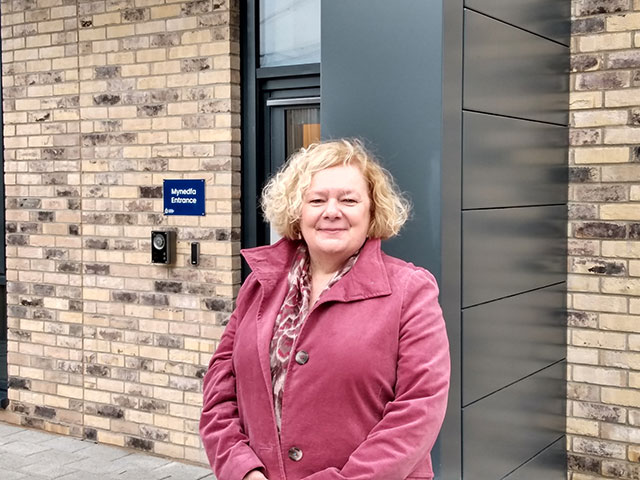GWENT’S police and crime boss Jane Mudd has confirmed she intends standing down as a city councillor – but isn’t yet ready to say when.
The Labour politician was elected as the Gwent police and crime commissioner in May having been the leader of Newport City Council.
She had told the council, in November 2023, she intended standing down as leader if elected to the post overseeing the police force and holding the chief constable to account if successful in the upcoming election, stating it would be “impossible” do both jobs.
After winning the election Ms Mudd resigned as city council leader, at its annual general meeting later in May, but remains a backbench member representing the Malpas ward.
Similar to many other councillors she combines what is officially a part-time role with her full-time job as the police and crime commissioner that pays an annual salary of £73,302.
Ms Mudd however told the Local Democracy Reporting Service she doesn’t intend remaining as a councillor for the full term that runs until 2027. Asked when she would announce a date for when she will step down she replied: “When I’m ready.”
Police and crime commissioners were introduced across Wales and England, outside of London, in 2012 and replaced the former police authorities that were drawn from appointed members and councillors selected by their unitary authorities.
The intention was a directly-elected public official would be better able to engage the public, but turnout at the elections has been low and only 15 per cent of Gwent voters cast a ballot in May.
Ms Mudd said a greater turnout is a “really important question” but, like many other candidates and predecessor Jeff Cuthbert, said the elections are not put on a level playing field with other contests.
“All elections to the Welsh or UK parliament all candidates can send electoral communication, the PCC are the only elections that do not receive support in that way.
“The association of PCCs have raised this with the Home Secretary. It’s an inequality in the system and it’s really important the public are able to make up their minds in an informed way.”
Ms Mudd also kicked back against the suggestion her new role, that is largely seen as one of scrutinising the work of the force, is less powerful than being at the helm of what is described as Wales’ fastest growing city.
“There is a higher degree of autonomy and decision-making within this role than the previous role. There are different decision-making structures here and I have direct access to communities across Gwent,” said Ms Mudd who also has the power to fund organisations and groups that work to reduce crime or address community safety.
One of the commissioner’s most high-profile tasks is to consult with the public and interested groups on a police and crime plan which then sets the policing priorities for the force area and which Ms Mudd can hold the chief constable, who retains operational control of the force, to account for.
Previous chief Pam Kelly had announced before the election her intention to retire which allowed the new commissioner to appoint their own chief constable and Ms Mudd said feedback from the consultation on the plan had been used in formulating questions for the interview process that resulted in Mark Hobrough being appointed in December.
Ms Mudd said she has been “really enjoying the role” since her election and one of her key priorities has been to “build trust and confidence in the police here in Gwent” having acknowledged the force has been through a number of issues around misconduct and its culture, including allegations of misogyny.
“The chief constable and I are doing all we can to rebuild that trust,” said Ms Mudd who said “equality, diversity and inclusion” run through the organisation.
“We’ve got really diverse communities here, our valleys communities, the rural market towns and the city. They are all very different and its important we recognise that.”

